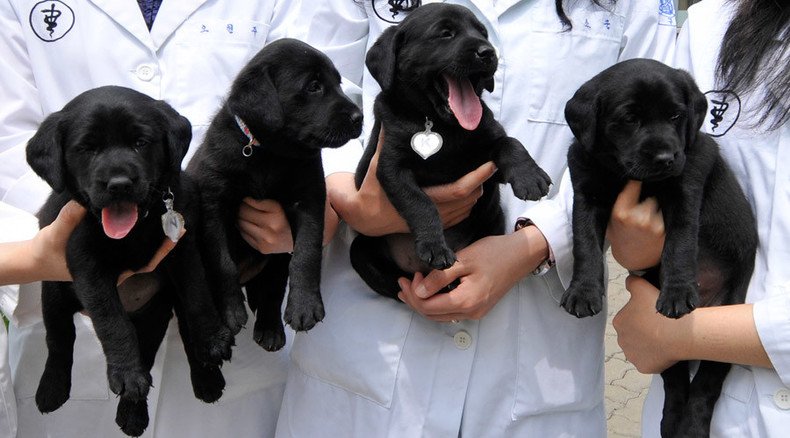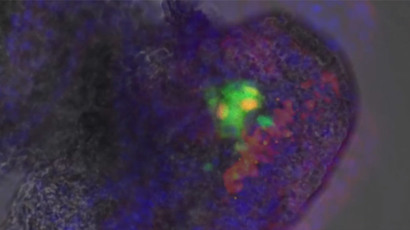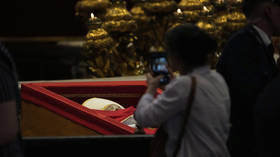Animal Farm: China to build ‘world’s largest cloning factory’

China looks set to build the world’s biggest cloning factory, with dogs, cows and horses expected to be replicated amid planned investment of $30 million (200 million yuan).
The factory will consist of a ground-breaking lab, an animal cloning center, as well as a gene bank and educational exhibition hall, China Daily reported.
The center is to be built in the Tianjin tech park in northeast China.
The area’s management committee signed a deal with a subsidiary of the Chinese leader in stem cell technologies and biological medicine industry, Boyalife Group Ltd.
The third company in the picture is South Korea's Sooam Biotech Research Foundation, a pioneer in dog cloning.
By the end of 2015, the Foundation will have cloned 550 dogs for various purposes, including canines that carry out security tasks at customs and airports.
Over the past few years, China has also been reported to have cloned pigs “on an industrial scale,” with the Beijing Genomics Institute producing 500 cloned pigs a year to test out new medicines and techniques to treat diseases such as Alzheimer's.
READ MORE: Real-life ‘Jurassic Park’? Siberian lab set to clone extinct mammals
Among other ground-breaking genetic experiments, in April Chinese researchers attempted to edit human embryos’ genomes to possibly prevent or cure genetic disorders.
The experiment provoked a global outcry, with some touting the test as the chance to treat genetic diseases before the baby is born, and others questioning the ethical side of the issue, wondering if such tests could be dangerous for the human genome.














